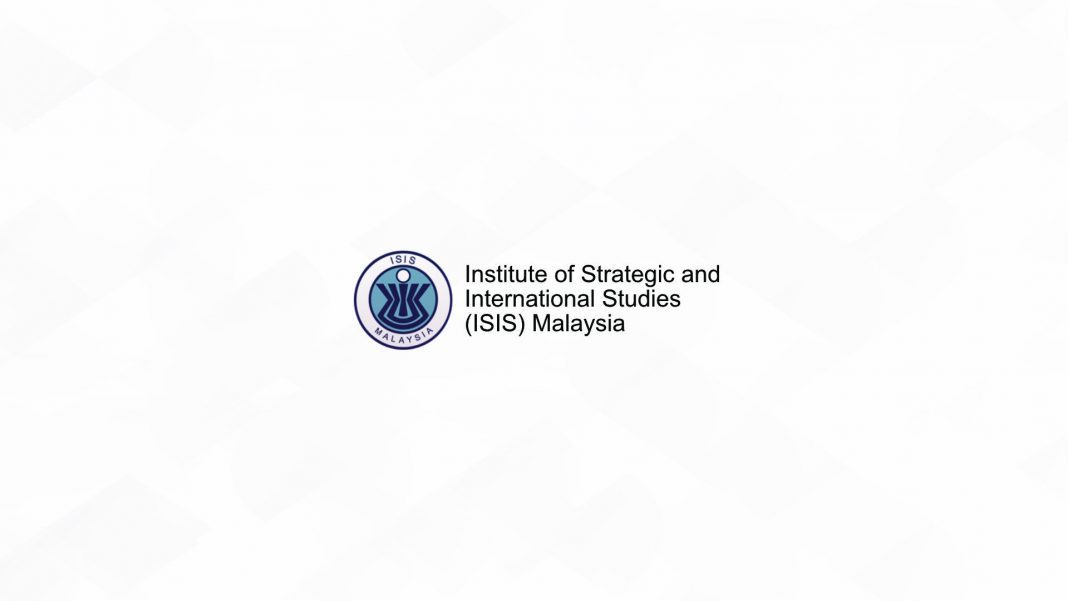Seven decades ago, Eric Blair, or better known by his pseudonym George Orwell, published “1984”. Considered today as a classic of dystopian fiction, terms and concepts introduced by the book, such as Big Brother, Ministry of Truth, doublethink, thoughtcrime, Newspeak, Room 101, telescreen, and 2 + 2 = 5 have since entered into the common lexicon.
Written while living in the Scottish Isle of Jura, the book’s resurgence in popularity in recent years speaks volumes about the state of affairs today. With democracies worldwide in its thirteenth consecutive year of decline according to Freedom House, it is understandable why the book, with themes of censorship and state control of information, remains relevant in today’s post truth, fake news, and social media era.
Meant more as a warning of how things could be rather than a prediction, today, 35 years on from Orwell’s fictional year 1984, thankfully the infamous Ministry of Truth has not come true. This is despite the rising incidences involving fake news, and the attempts by governments worldwide to regulate what can and cannot be said.
These attempts have not been short of criticism. Among the few is that countries with no strong democratic spirit, like Russia and Singapore, could use regulating fake news as a convenient excuse to censor content that is unfavourable to the regime. While governments continue the search for the silver bullet, more and more responsibilities and obligations is being asked of, and placed upon the companies owning the social media platforms.
This is a positive step because social media companies cannot be allowed to operate as neutral bystanders any longer. Their platforms have been attributed to a rise in hate speech, and in some cases, even jeapordising entire electoral processes. However, asking social media companies to remove content raises concerns. Particularly, should free speech, and to a natural extension public discourse, be regulated by community standards and rules determined by private companies, rather than by those who are democratically elected?
Besides, running afoul of these standards and rules which are oftentimes complicated to ordinary users are not without costs. A violation would mean that the user-generated content is removed from the platform, essentially making social media companies the new gatekeepers of free speech online. This then raises questions pertaining to transparency in decision making, the availability of any right to appeal, and how such an appeal is carried out and decided.
Importantly, these standards and rules, which could in some cases overlap with that of democratic freedoms, generally reflect the values of these companies. As these companies and its decisions are at its very essence motivated for profit and not by vague altruistic intentions to further and deepen democracies, incidences of conflicts of interest is no longer an “if”, but a “when”.
Against this backdrop, the current predicaments are clear. First, governments regulating speech run the risk of creating an Orwellian state-sanctioned version of the truth. Two, social media companies lack the accountability and legitimacy to be the guardians of free speech. Three, and of greatest concern is inaction by governments and social media companies would lead to democracies and democratic values being undermined and eroded by undemocratic forces.
This raises a deceivingly simple question: As the spaces for public debate increasingly moves away from the commons like town squares, parks, and coffee shops and into the privately-owned, online social media, how should governments protect the freedom of speech, and what role should social media companies, civil society, and the media play?
Towards addressing this multilayer question, it is painstakingly obvious that it requires multi-stakeholder involvement through a co-regulation regime. In this co-regulation ecosystem, governments need to be cognisant that it should only legislate speech that causes specific, identified harms. While it is a given that even in liberal democracies no free speech is without its limits, governments would do well to remember that not all speech, despite perhaps being incongruent to society’s values, should be made a crime.
That much being true, what also needs to be addressed is speech that does not cause harm but could lead to very real consequences. This includes speech that undermines democracy and pollutes the information environment. Here, civil society, whom are ostensibly guided by enlightened democratic values and armed with country-specific knowledge, should be empowered to determine a country’s respective redlines for free speech.
Once these parameters have been identified, it should then be adopted as guidelines to inform social media companies of which type of content that needs to be removed from their platforms. This would go a long way in addressing social media companies’ deficit of legitimacy to govern free speech.
In this co-regulation regime, the media needs to act as the fourth estate to check and balance against any overzealous regulation of free speech by governments or social media companies. To ensure that the industry has the credibility to do so, it needs to hold itself to higher and more stringent industry standards. Setting up independent and empowered Media Councils would go towards this.
Perhaps through co-regulation, Orwell’s book can finally return to what it is at its essence, a greatly written, classic of dystopian fiction.
Article written by Harris Zainul which appeared in New Straits Times, 11 July 2019.






